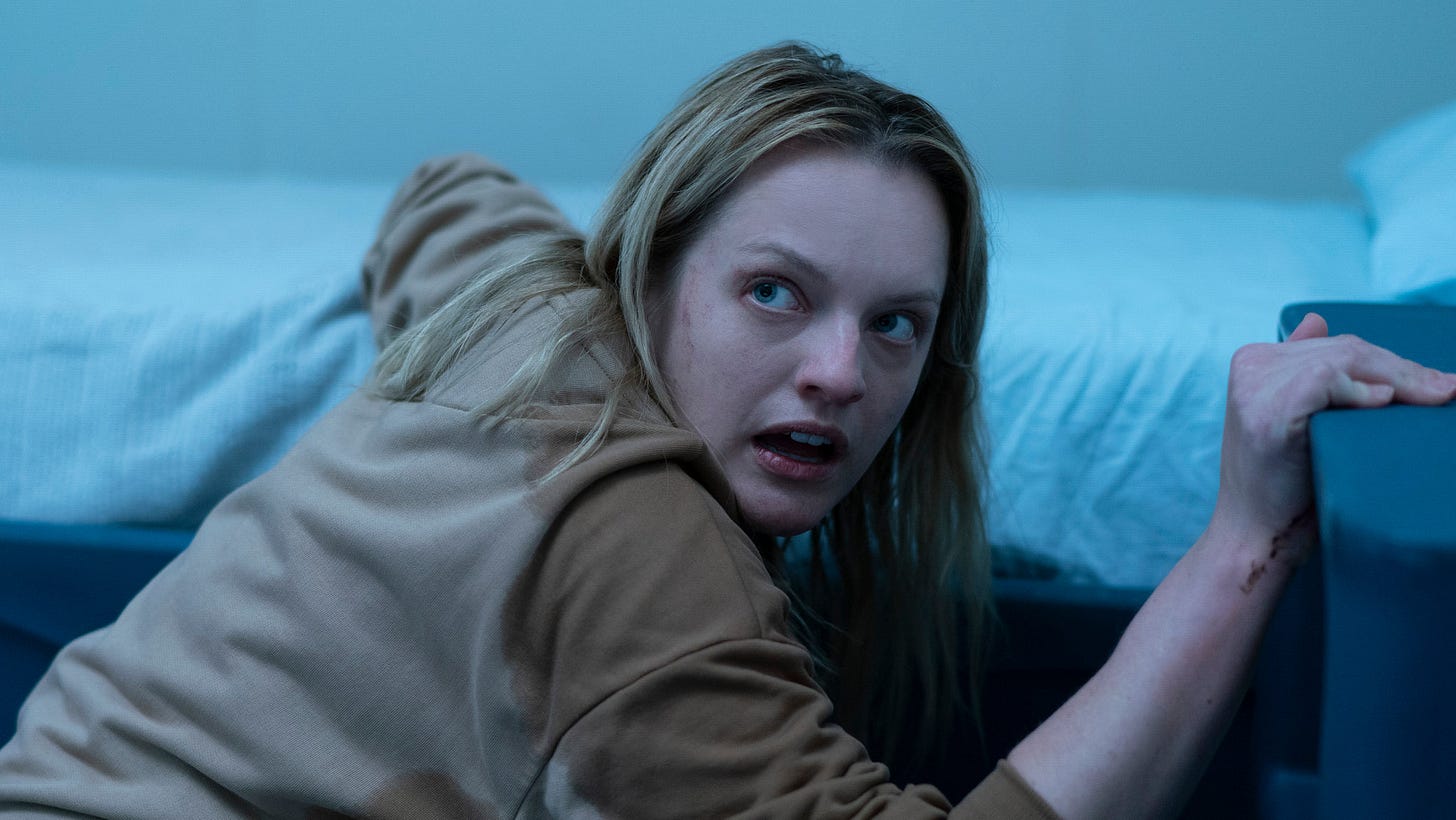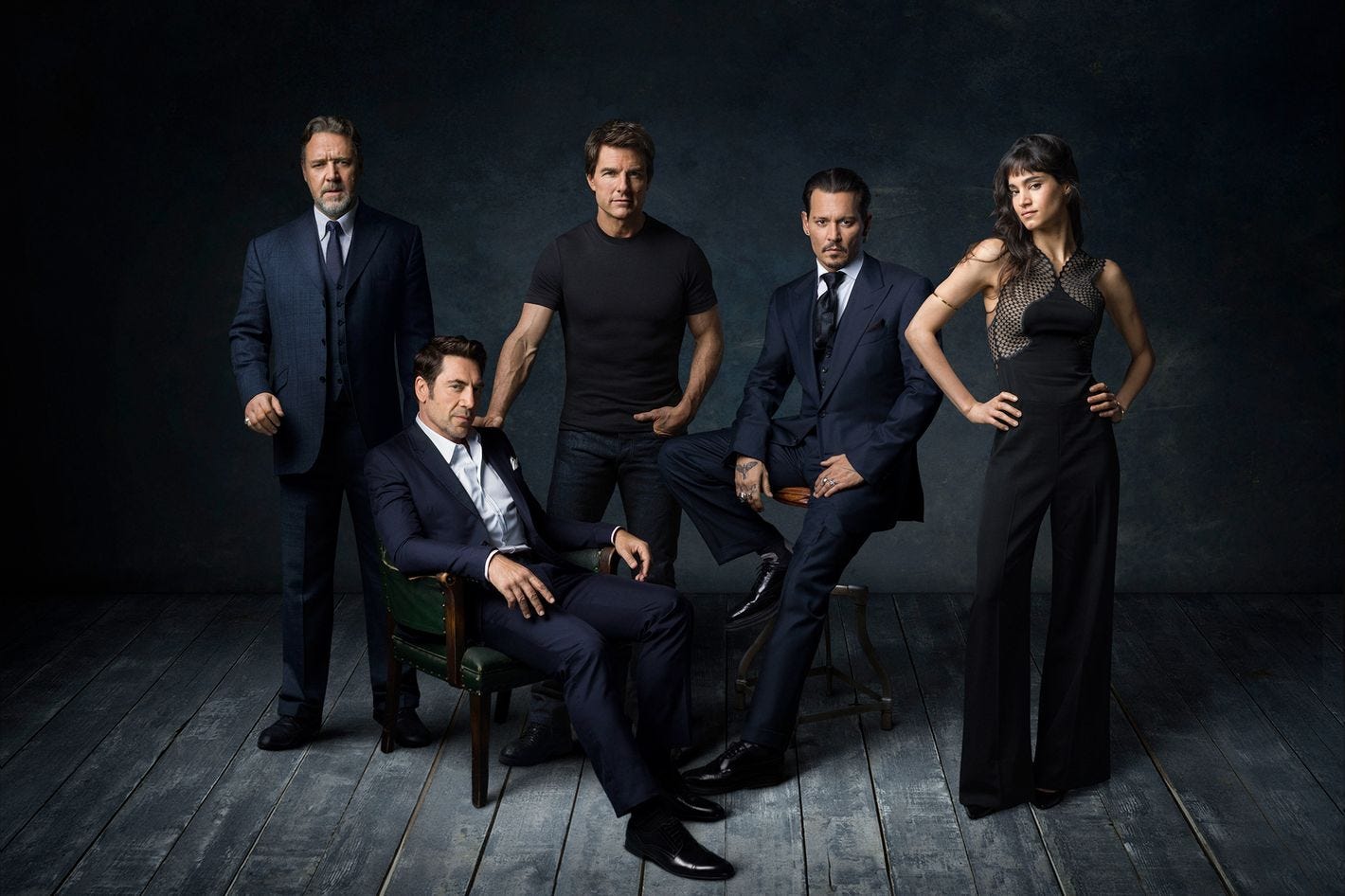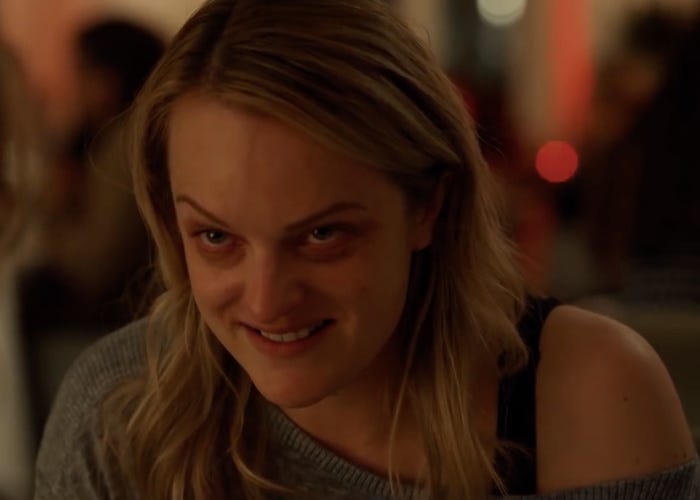When I was younger, I ended up in something of a sleepover with several older women, a last-minute invite dragged along by a brief girlfriend. As the only guy, I sat among these women and we watched the Jennifer Lopez drama “Enough”. Sure it was disposable, paper-thin entertainment like most J. Lo movies. But I remember reacting pretty viscerally to what I thought was an absurd, cartoonish characterization of a husband determined to chase down and either dominate or ruin a partner who wants nothing to do with him. When I voiced my skepticism, I was met with cold derision by the women, one of which had just gotten out of an abusive marriage.
I maintain that “Enough” is kind of a garbage movie, and Billy Campbell’s abusive husband (a far cry from Campbell’s career highlight as “The Rocketeer”) is a role more couched in campy soap opera theatrics than in actually-believable abusive behavior. But being in an all-male environment like prison, I have since learned that the character, a wealthy bully with zero limits to his bank account who won’t stop at anything less than having J. Lo as his unquestioning, subservient bride, is not much different than many of the men with whom I did time. At the time, I was rankled by the film’s entirely negative depiction of all men (mens’ rights trolls would have a conniption if they ever sat down to watch this). But to say it’s implausible is something I no longer believe.
“The Invisible Man” stands far from its inspiration in that it is about one such abusive man with considerable resources. Adrian Griffin (Oliver Jackson-Cohen) runs Cobalt, a high tech optics company, one that has made him wealthy. He also commands the attention of vulnerable Cecilia (Elizabeth Moss), who he controls, degrades and demeans, enough that she has to escape from his daily humiliations. When she is gone, she finds that he’s killed himself, leaving behind $5 million for her to inherit. But if he’s dead, what is this unseen specter chasing her? Could it be the person who has specialized in ruining her, but also pioneers optics technology? Is the invisible man chasing her actually her husband?
Given the suicide and/or the invisibility involved, we don’t see a ton of Jackson-Cohen, maybe a good thing. He’s an entirely-unconvincing character. This part, in fact, reminds me of his preposterous role in Dwayne Johnson’s “Faster”, where he was a wealthy genius who only leaned into contract killing after being bored by his everyday life. It takes a lot to be the least-believable part of a Dwayne Johnson movie.
Moss, by contrast, has already proven herself to be a star. She has shown in her movie roles to be a constantly-intense figure, with large manic eyes establishing a shorthand for danger the audience can easily interpret. This is a deceptively-complex role, despite her superficially coming across as a “damsel in distress”. Half of the movie has her terrified and out-manned by this unseen assailant, and her lips quiver and her wet eyes drip as she realizes she lacks control over circumstances. But the other half involves her taking control of the narrative and taking the fight back to the Invisible Man. Her eyes stay wild, adding a sense of manic obsession to her quest. She’s been driven crazy, she’s willing to admit to her attacker, while also conveying that, by coming for her, he was asking for this. Moss has a face I love to watch. When her eyes pop, it’s like her face is a mask barely concealing a second layer of mania.
This movie is something of an echo of Universal’s ill-fated Dark Universe, a thoroughly-stupid attempt at creating a series of interconnected movies centered on the monsters owned by the studio and beloved by much, much earlier generations. 2017’s dreadful “The Mummy” was the start and end of this, and proof positive why these things don’t work – the studio spends a ton of money, then leaves the complex world-building for afterwards, after the casting and the release dates and the hype festivals.
The audience can smell a lack of confidence. It made sense to imply that Marvel movies were leading to a bigger future because everyone knows the world of Marvel Comics was always massive. But Alex Kurtzman’s bloated “The Mummy” was too gunshy to actually feature anything suggesting a bigger universe. How could they write something that springboards into a franchise if you can’t write a single movie with a viable explanation as to why Russell Crowe’s obviously-dangerous Mr. Hyde works for a secret society of monster hunters even though he’s not even allowed to leave the building?
This smaller, more intimate, scarier approach works better, particularly considering you don’t need to spend your way to success. By studio standards, this is a tiny but good-looking movie that mines actual scares from what is considered a quaintly old-fashioned effect, the digital erasing of an image to create the illusion of invisibility. The best bit, a dinner restaurant sequence that is blunt and absent of theatricality, features a moment that is not unlike the sort of kill you’d see in a Joe Swanberg horror joint, albeit if Swanberg ever developed genre chops. It’s short, to the point, and terrifying because of its quickness. The effect is a combination of “that’s terrible” plus “wait, did I really just see that?” Again, you get Moss’ eyes in this sequence as big as the moon, adding to the terror the audience feels. It’s amazing that this movie was somehow a backup plan to whatever “The Mummy” was.
The men in prison ended up not being that different from Griffin, or from Billy Campbell in “Enough” (or that sneaky rat Dan Futterman, we’ll never forget!). As they sat in captivity, waiting out the days until the end of their sentences, they plotted. Revenge is what they want, what they sought from the world. None would admit that their actions took them to prison. No, it was a troubled environment, and it was rotten friends and lovers. And that’s been compounded by being down, when the people who care about you (or say they care about you) no longer have any interest making you the center of their lives. When you are in prison, everyone else has a life — you’re not a part of it, you can only hope to be secondary.
Many of these men channeled this into business plans, ambitious career goals, new activities. But the goal was often the same – not to obtain success on their terms but to rub it in the face of the world. In a world where someone like Elon Musk buys Twitter out of spite, it’s hard to talk these men out of making life decisions out of rage and revenge. But they all feel they owe the world some pain and discomfort, and their wives and girlfriends are going to be the first to feel it. And this is not a population that feels physical violence toward women is verboten. My entire time that I was down, I never once heard of any sort of counseling to prevent men from harming their wives and children. Given the rage bottled inside of you during your prison stay, I don’t understand why this isn’t a priority.








Do you think it's prison's responsibility to tell men to not hurt women, or perhaps it says something bigger about mental health in our country? Or about the way people are raised? It scares me to think that men will be in prison and come out and take their anger out on women- yet I think it might be the reality of many people.
"The audience can smell a lack of confidence." Like Big Daddy in "Cat On A Hot Tin Roof": "I smell the powerful odor of MENDACITY!"